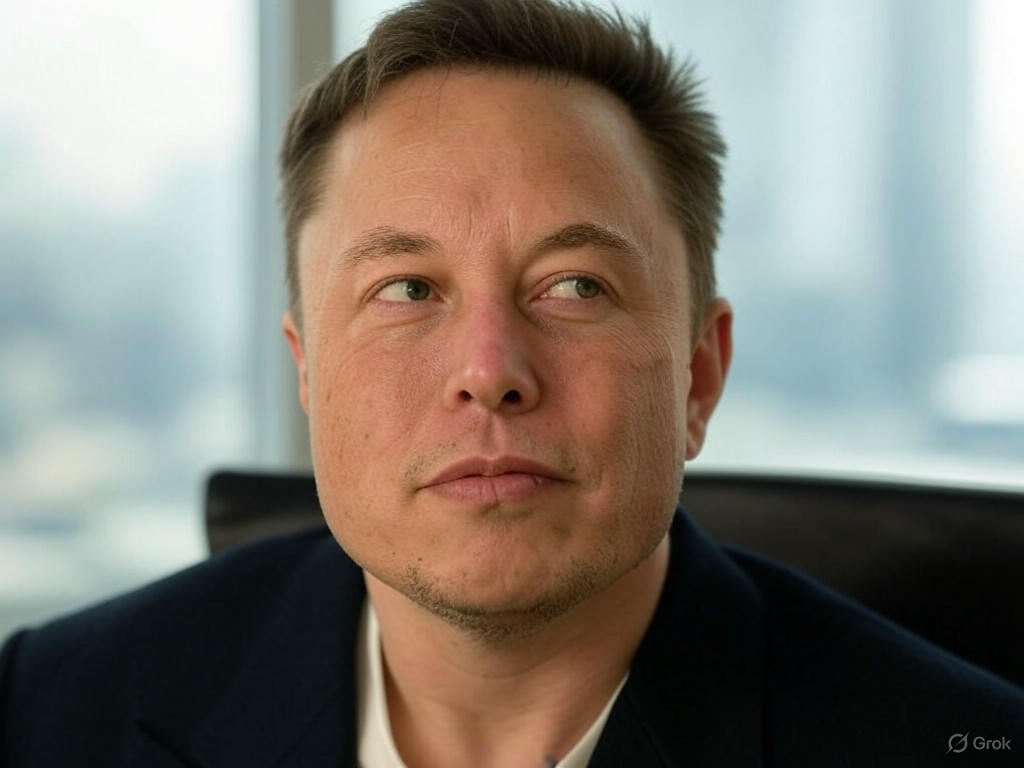Elon Musk’s Stand on EV Credits: A Win for America’s Future
Elon Musk, the visionary behind Tesla, recently made waves with a passionate outcry over the potential elimination of electric vehicle (EV) credits in a proposed legislative bill under the Trump administration. While Musk’s reaction may have seemed like a personal vendetta to protect his company’s bottom line, there’s a broader truth to his argument: EV credits are not just beneficial for Tesla, but for the entire nation’s economic and environmental future.
At the heart of Musk’s frustration is the idea that slashing EV incentives could derail the momentum of a rapidly growing industry. Electric vehicles are no longer a niche market; they represent a critical shift toward sustainable transportation. By offering tax credits to consumers who purchase EVs, the government encourages adoption, which in turn drives innovation and competition among automakers. Tesla, as a pioneer in this space, has reaped the rewards of such policies, but so have other companies entering the fray. More importantly, these incentives help reduce the financial barrier for everyday Americans to switch to cleaner, greener alternatives. Without them, the transition to a low-carbon economy could stall, leaving the U.S. lagging behind global leaders in green technology.
Musk’s point, though delivered with characteristic flair, underscores a vital reality. The EV industry supports thousands of jobs, from manufacturing to software development, and fosters energy independence by reducing reliance on fossil fuels. Critics of the credits argue they disproportionately benefit wealthy buyers who can afford electric cars without subsidies. However, as prices for EVs continue to drop—thanks in part to scaled production and technological advancements—these incentives are increasingly accessible to middle-class families. Moreover, the environmental benefits are undeniable. Every EV on the road means fewer greenhouse gas emissions, contributing to cleaner air and a healthier planet. For a country grappling with the impacts of climate change, this is no small feat.
There’s also a strategic angle to consider. The global race for dominance in the EV market is heating up, with countries like China investing heavily in battery technology and infrastructure. If the U.S. pulls back on policies that support this sector, it risks ceding ground to competitors. Musk, with his knack for seeing the big picture, likely recognizes that EV credits are not just about short-term sales but about securing America’s position as a leader in the future of transportation.
While Musk’s outburst may have been fueled by self-interest—Tesla’s growth is undeniably tied to consumer incentives—his stance aligns with a greater good. Electric vehicle credits are an investment in innovation, sustainability, and economic resilience. As policymakers debate the future of such programs, they would do well to consider the long-term benefits over short-term political wins. Musk may not always be right, but on this issue, his voice carries a truth worth listening to: supporting EVs is supporting America’s tomorrow.


